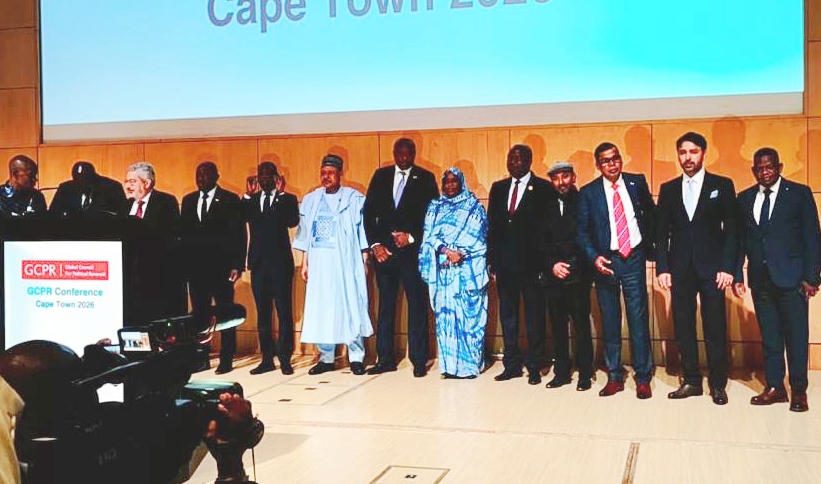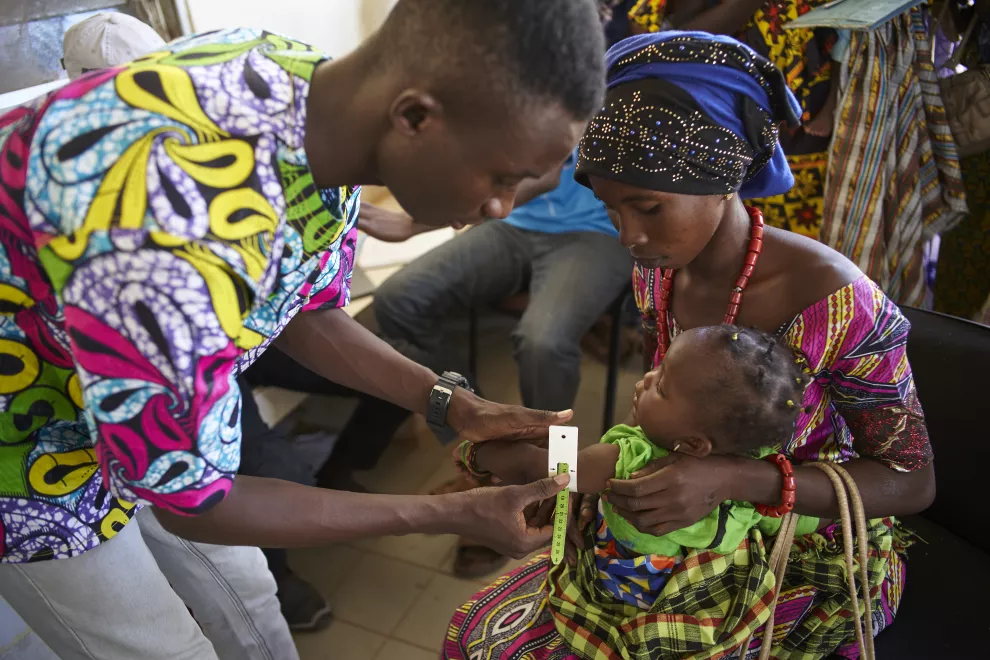Gambiaj.com – (BANJUL) – A recent study published in the Malaria Journal sheds light on the challenges and influences affecting the care-seeking behavior of mothers for children with fever in The Gambia. The study, based on data from the 2019–20 Demographic and Health Survey, highlights the importance of understanding these factors to improve malaria control strategies in the country.
The study revealed that only 52.0% of mothers sought care from a trained healthcare provider for a child with fever, with 45.1% seeking care from a public facility and 7.0% from the private sector. Alarmingly, 35.2% of mothers did not seek any treatment at all.
One of the key findings was that mothers in urban areas were more likely to seek care from informal sources, while wealthier mothers were more likely to seek care from public providers.
Urban households were 2.67 times more likely than rural mothers to seek care from an informal source, such as a pharmacy, rather than seeking no treatment. Additionally, mothers in wealthier households were 2.30 times more likely than those in poorer households to seek care from an informal source, and half as likely to seek care from a public provider compared to an informal source.
The study emphasizes the need for targeted interventions to address these disparities. To maintain malaria control achievements, the study suggests actively engaging private pharmacies, improving community case management, and addressing barriers to seeking care from trained providers.
The findings highlight the importance of incorporating private pharmacies into malaria control strategies, while also strengthening the public sector and promoting behavioral change among mothers and households. By addressing these challenges, The Gambia can improve its efforts to combat malaria and reduce child mortality.
The Gambia has significantly reduced malaria prevalence and incidence between 2015 and 2019, but challenges faced by mothers seeking care for children with fever remain unexplored. Factors such as residence, household wealth, socio-economic status, access to facilities, women’s empowerment, and decision-making dynamics remain unclear, highlighting the need for further research on care-seeking behavior in sub-Saharan Africa.










